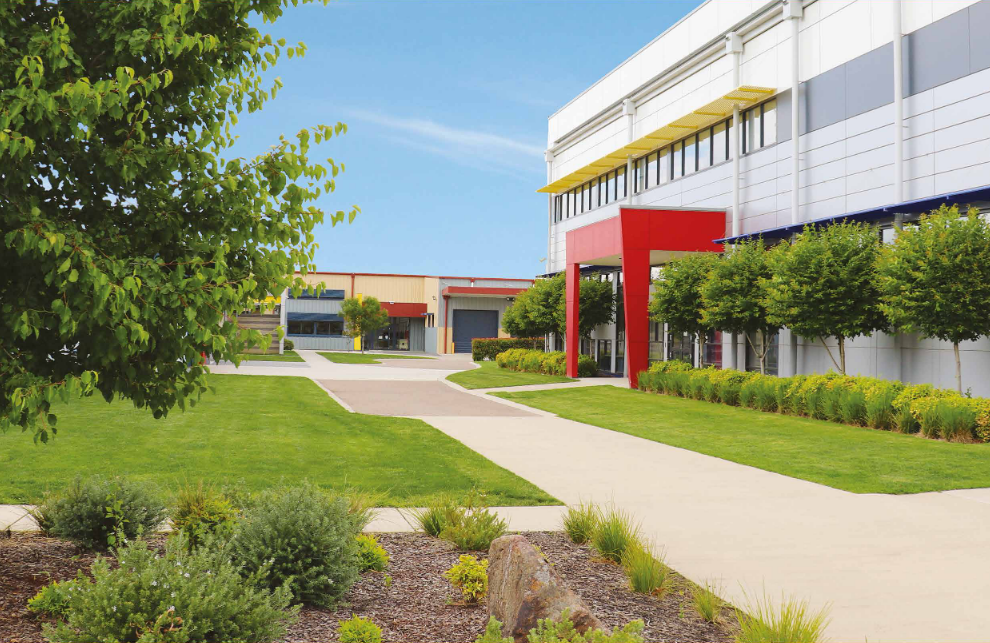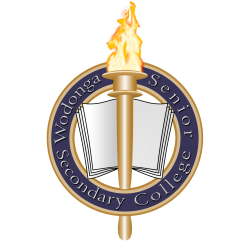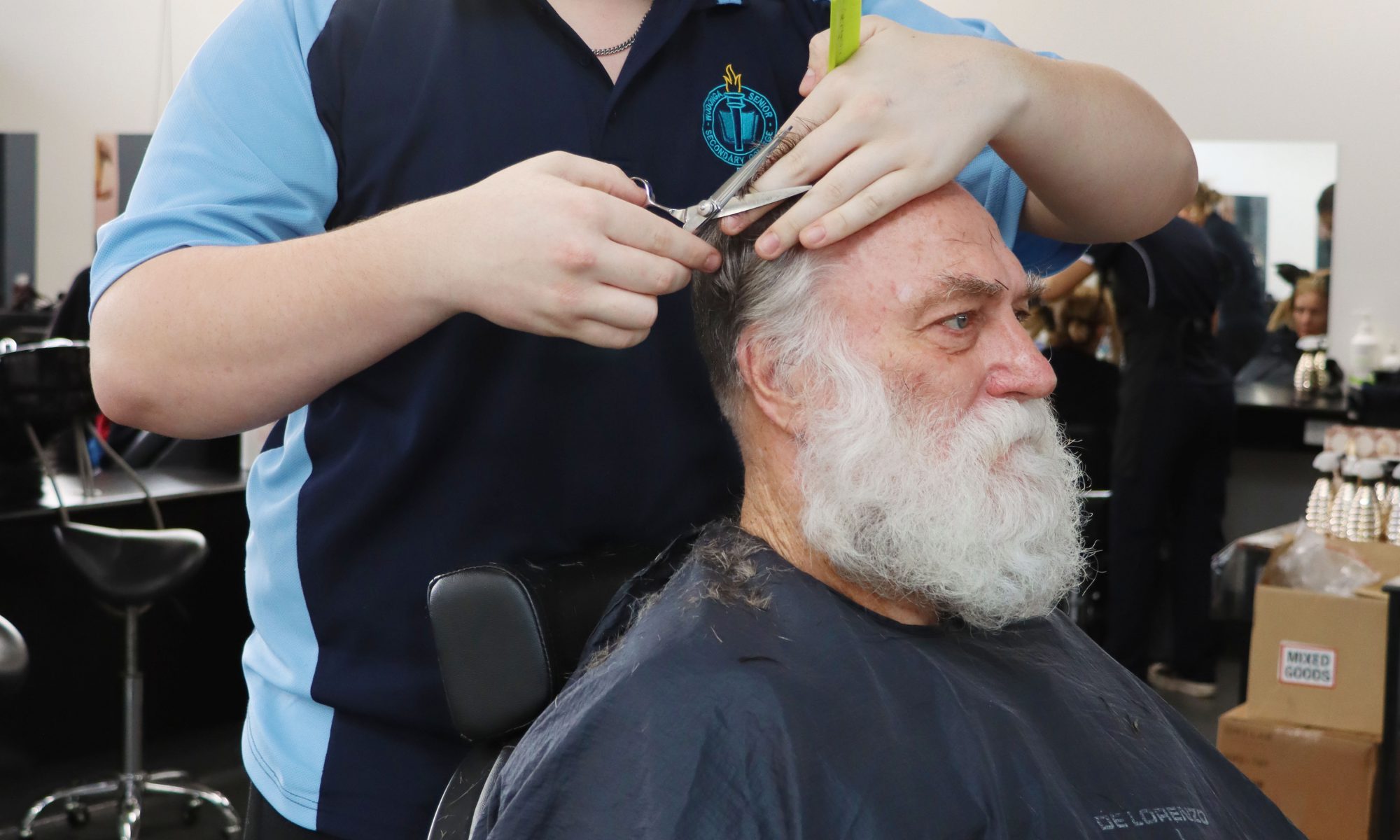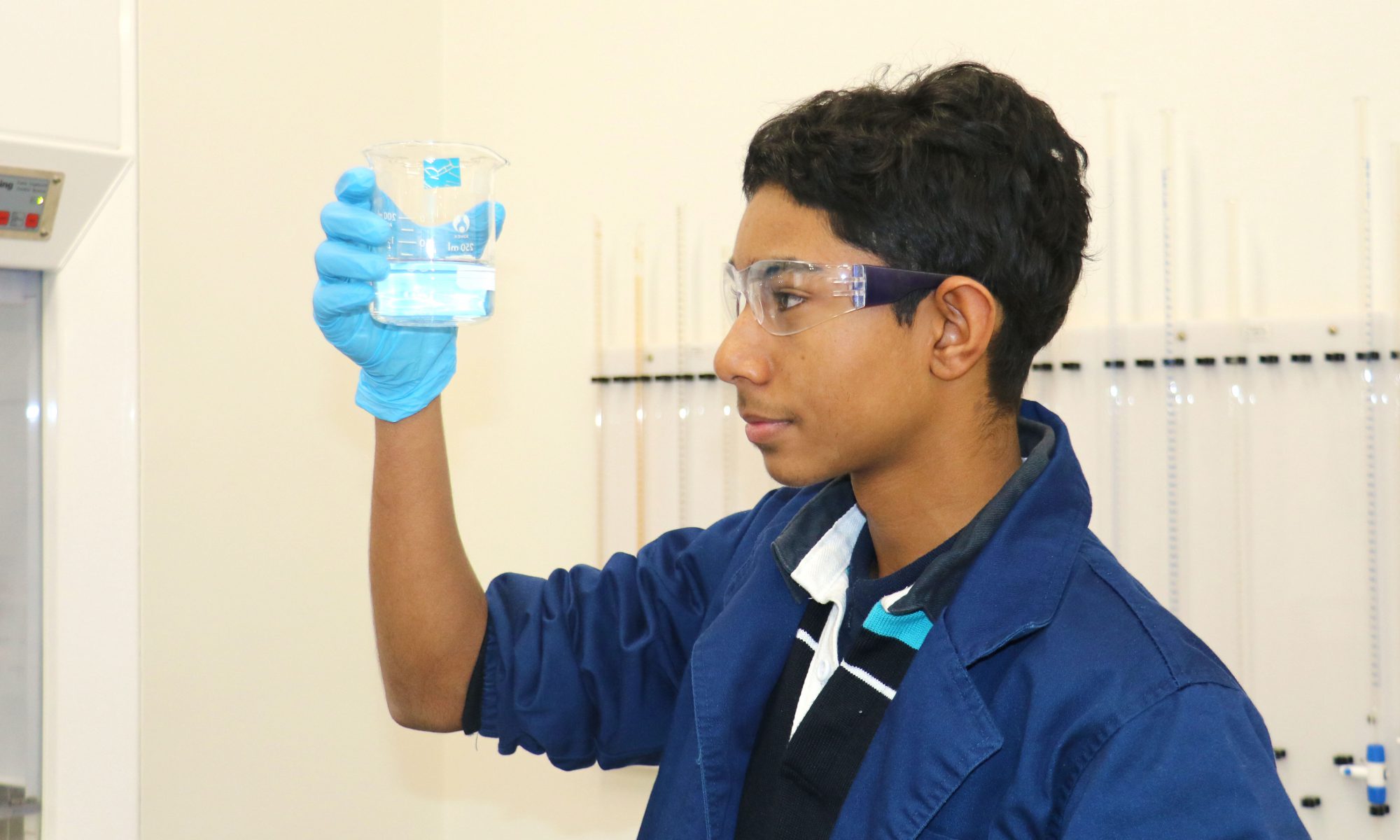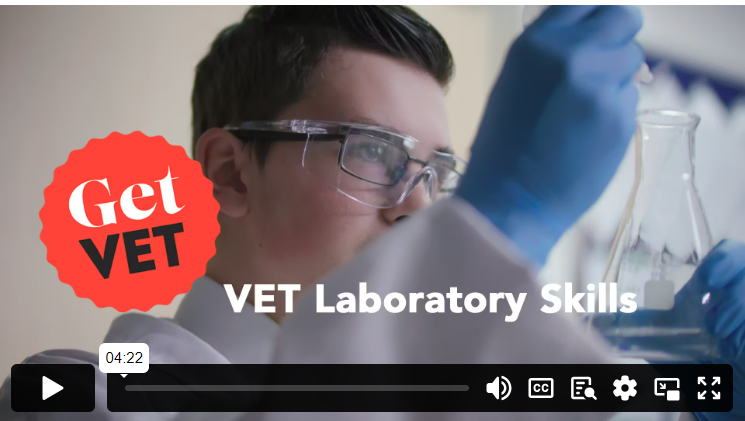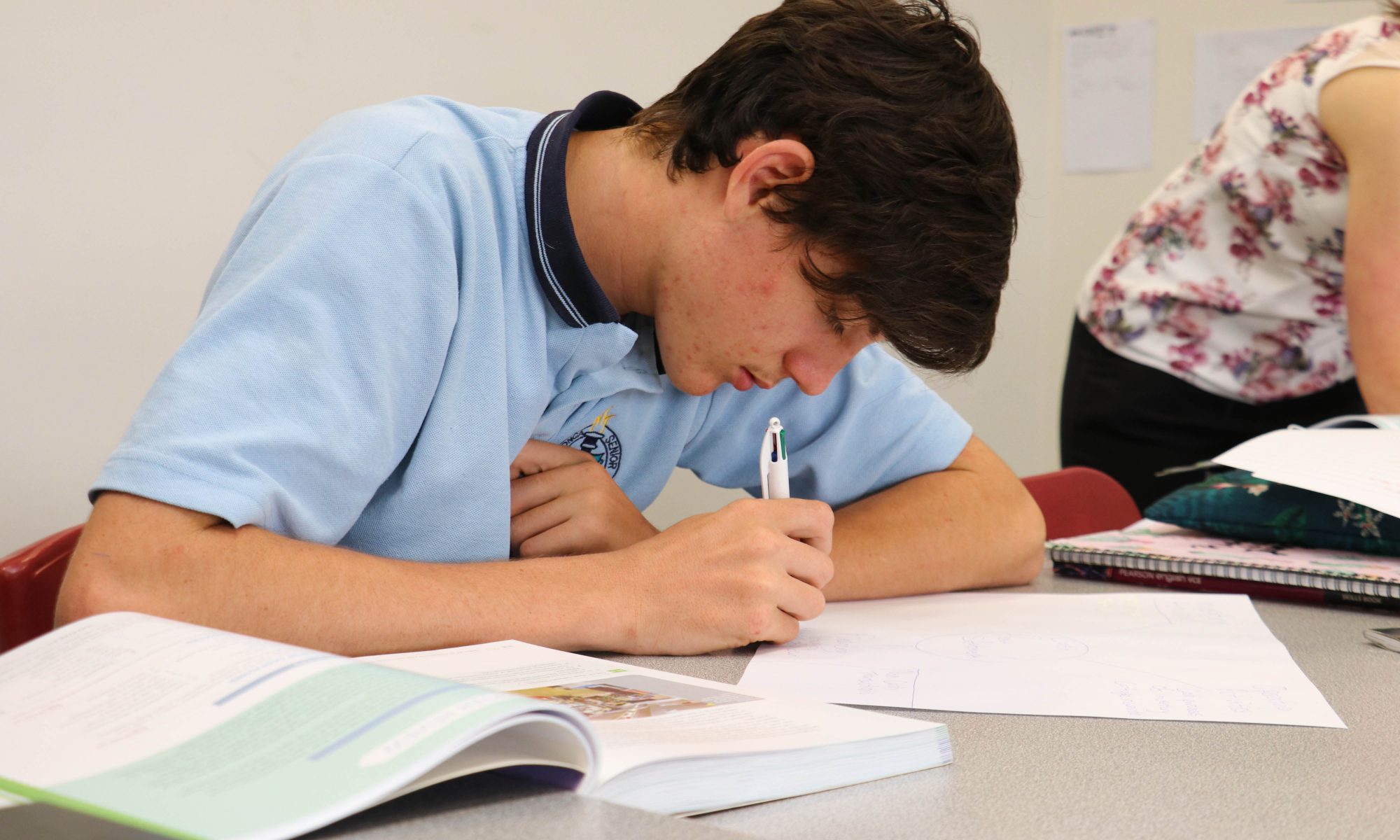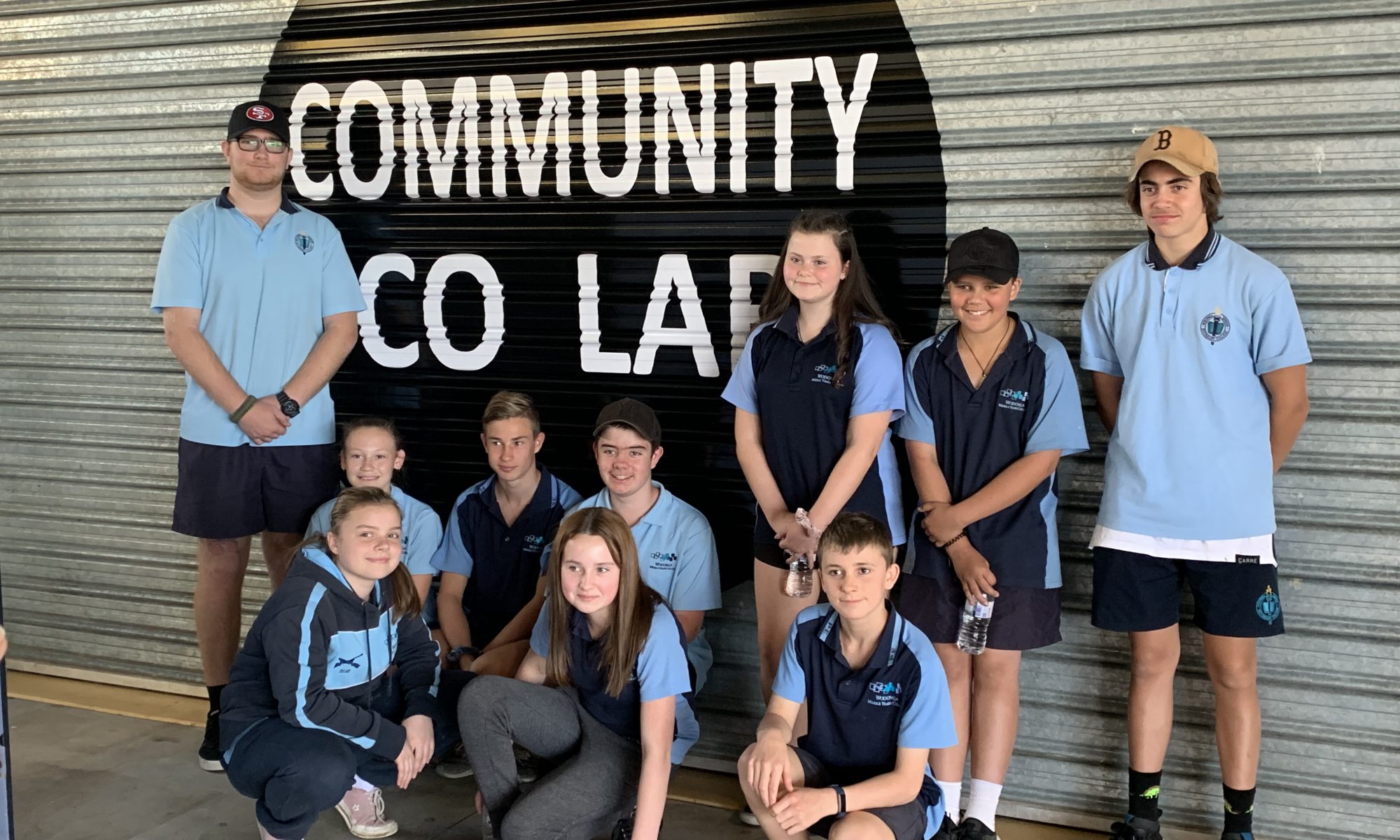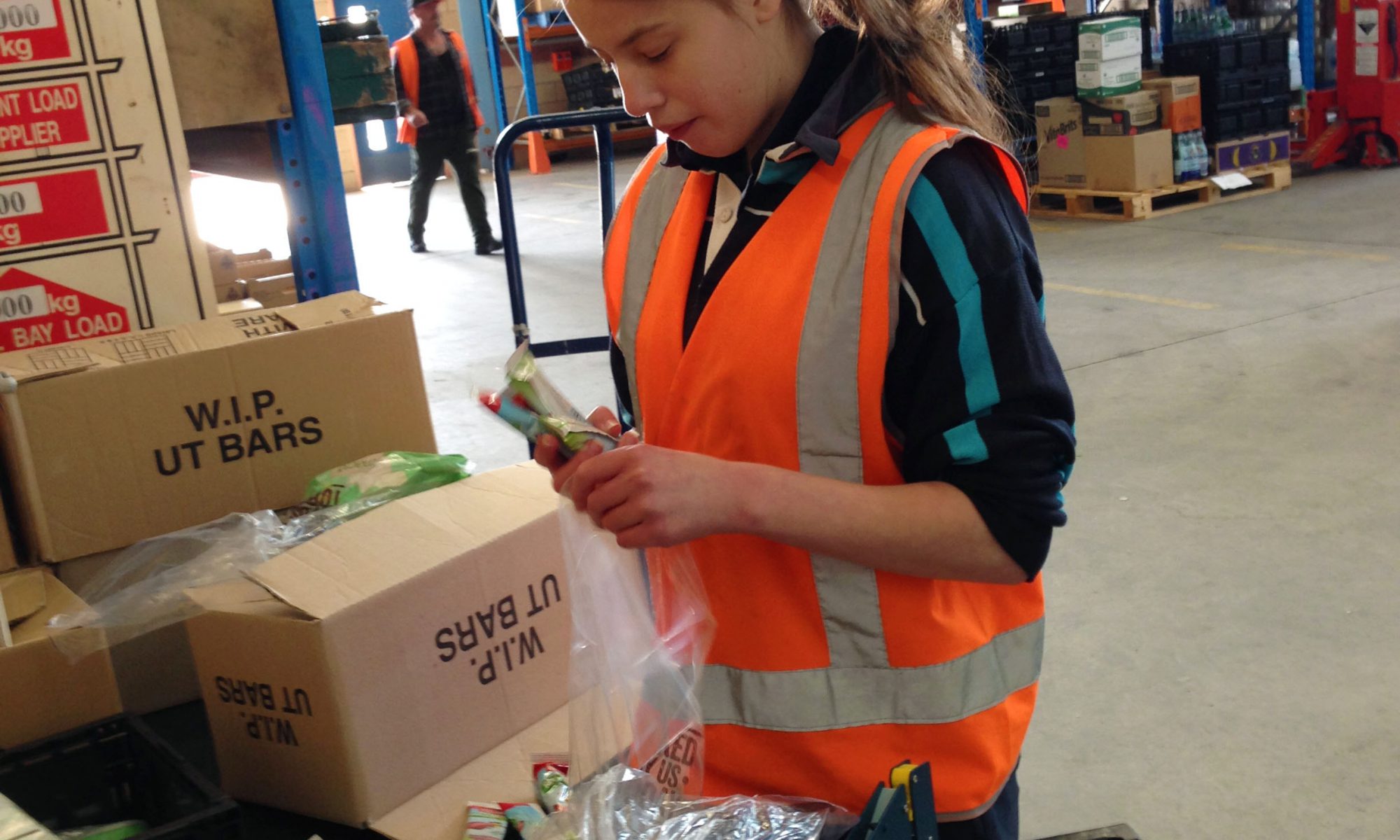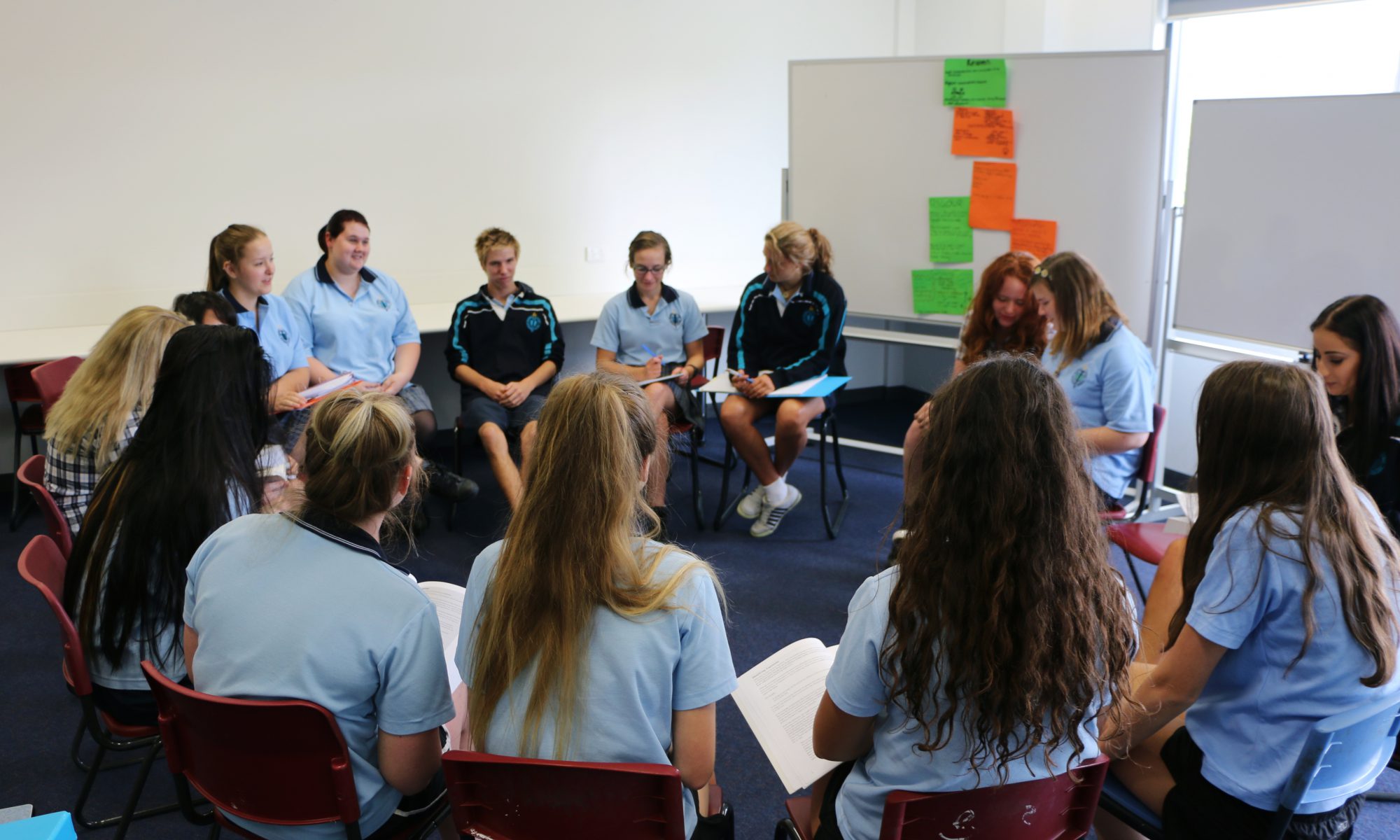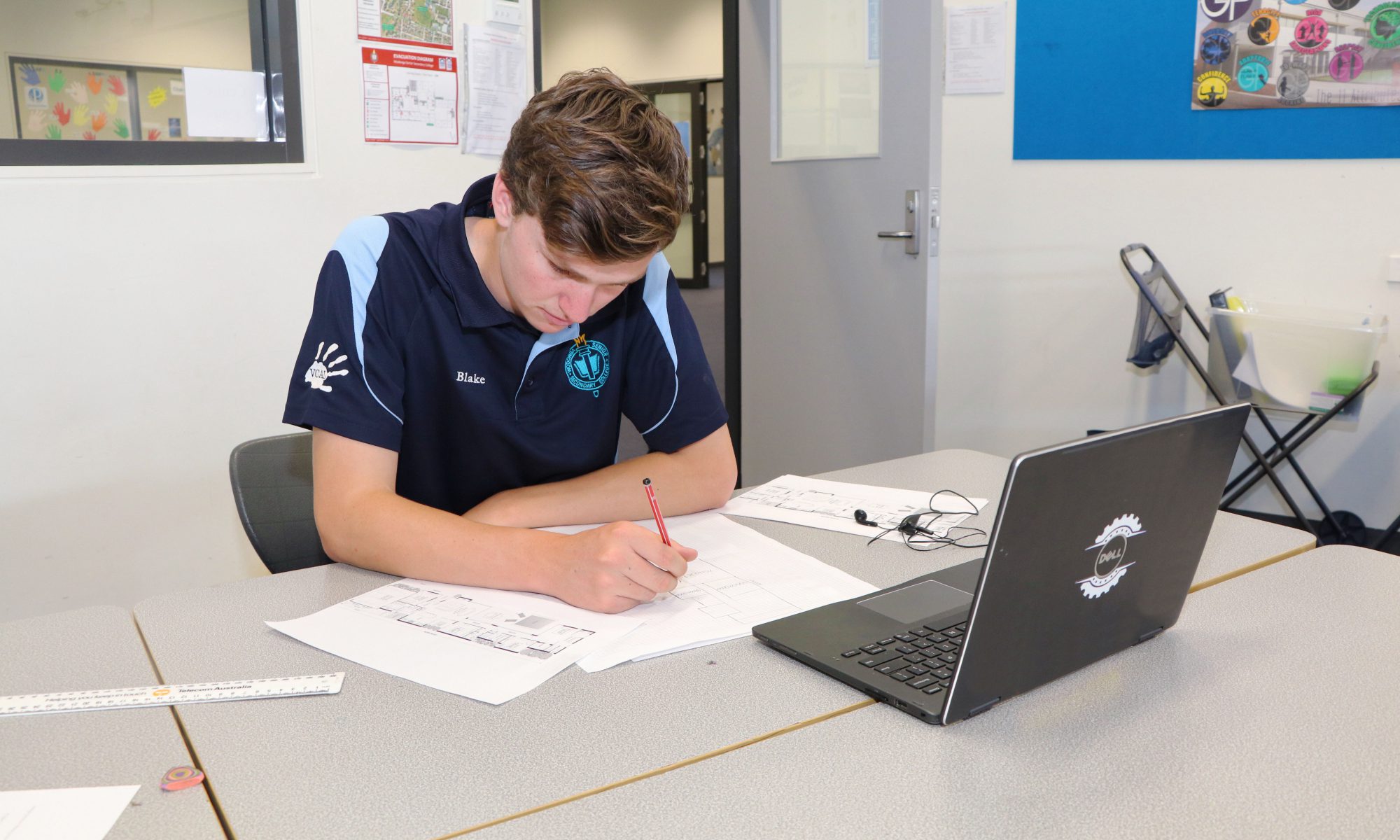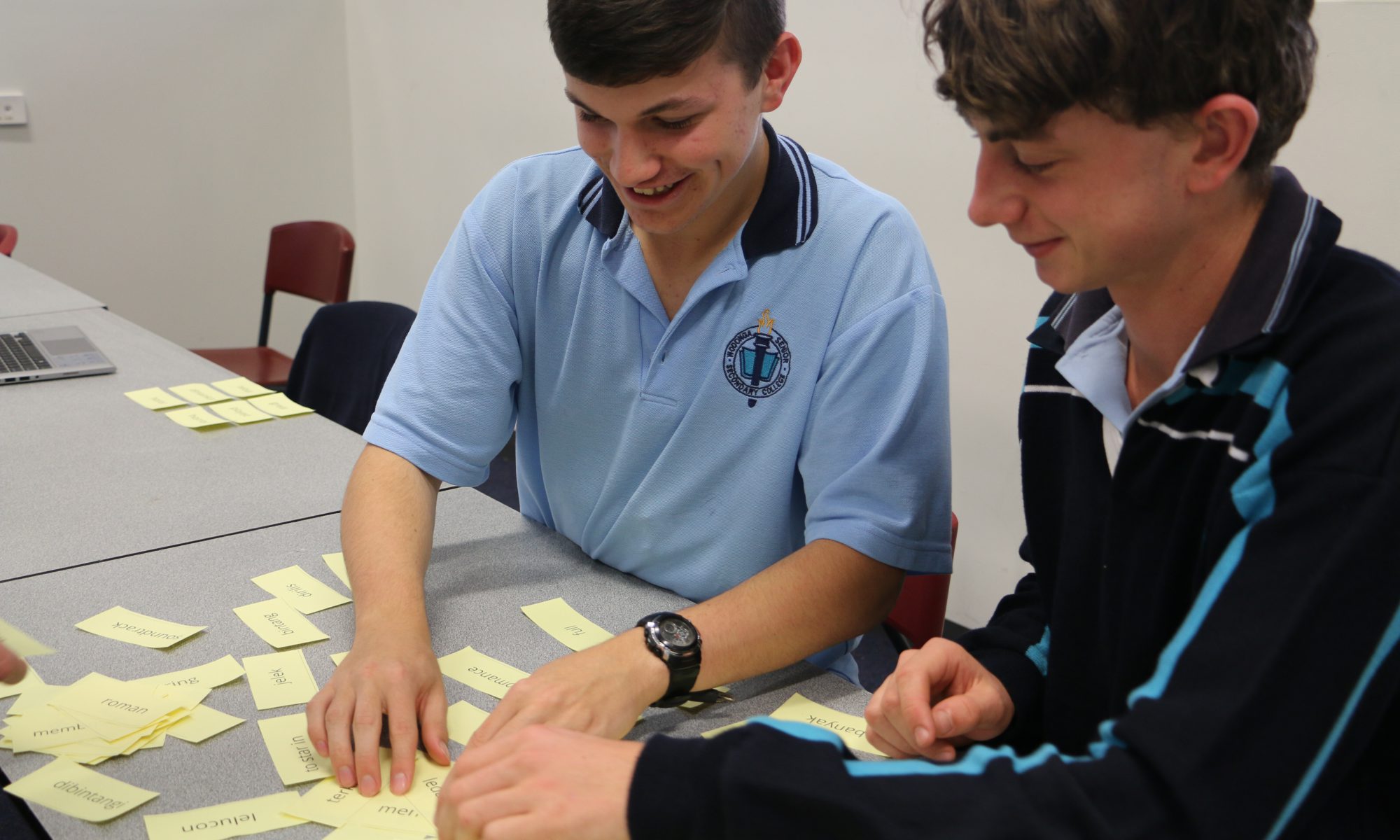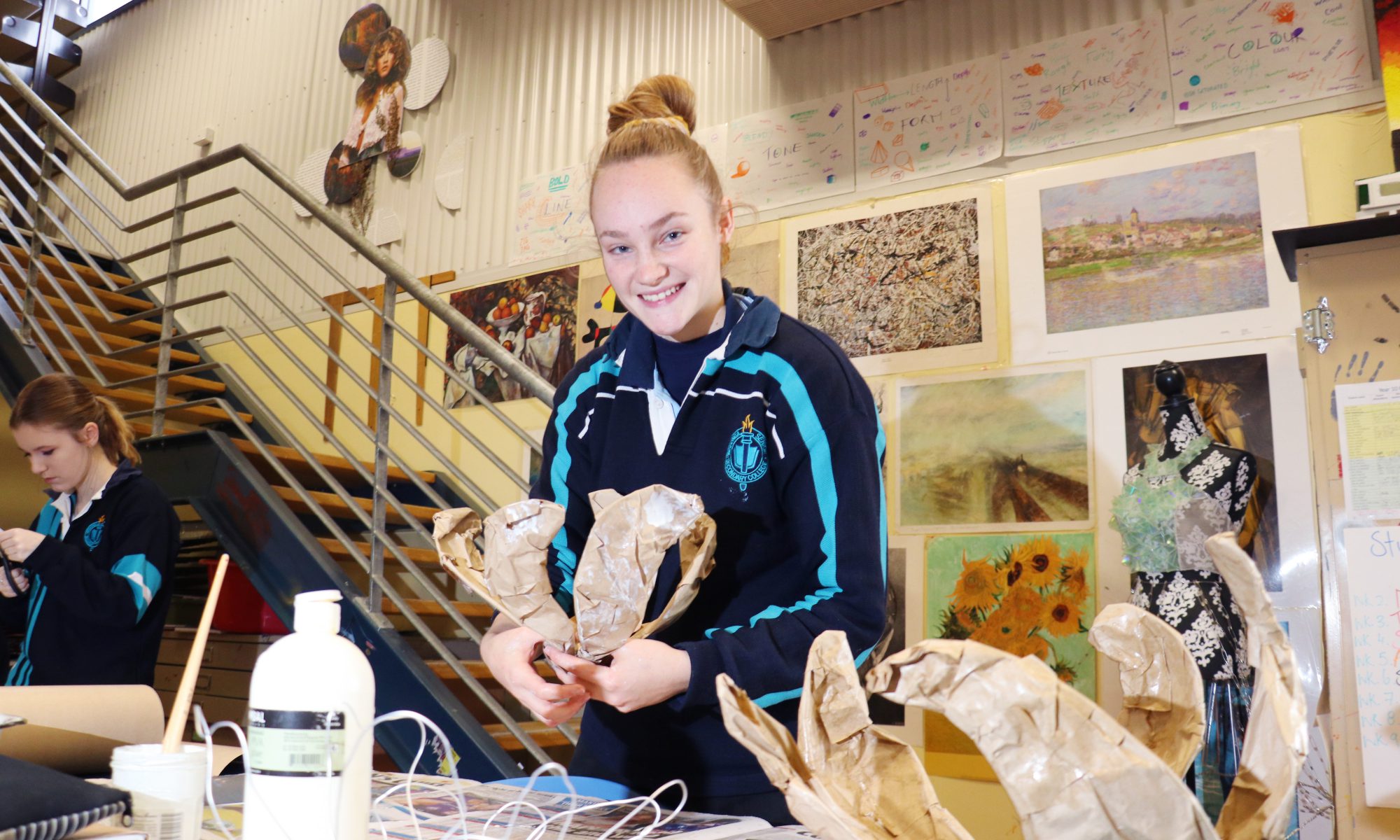VCE VET Salon Assistant (Barbering)
Course Summary
The course design program supports students with the ability and knowledge to complete and learn barbering skills to join the fast-growing men’s barbering industry. Students who complete this training will be able to work safely under routine supervision, including client preparation, cutting, fading carving and beard designing, client communication and services, selling, technical skills, and product knowledge, making students employable to the barbering industry.
This course is delivered over 2 year program.
VCE: Unit 1 & Unit 2 sequence available
ATAR Contribution: Unit 3 & 4 students do not receive a Study Score contribution for this subject
VET: SHB20216 Certificate II in Salon Assistant
Structured workplace learning advice: 40 hours is recommended but not compulsory.
Learning Activities & Assessment
- Safety
- Create haircuts using tracks and carving
- Design and maintain beards and moustaches
- Cut using freehand clipper techniques
- Dry hair to shape
- Greet & prepare clients for salon services
This program is run as part of an Auspicing arrangement with Inspiring Training Academy – RTO# 22728
Classroom Virtual Tour
Quick Links
Approximate Costs
Unit 1 & 2
Unit 3 & 4
Learning Area Contact
Technology Learning Area Leader
